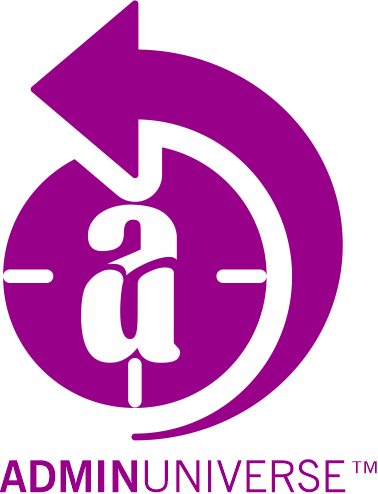
Are you providing value in your role? If your answer is “I’m not sure” or “I could be doing more”, then this is the perfect blog for you. Being able to determine whether you are providing enough value requires consistent evaluation and reevaluation. For each time that you are checking in with yourself, you should be compiling a checklist of things that you are doing and things that you recognize you should be working towards, so that you can stay on top of your growth and development.
One of the best ways to make sure you are reaching your full potential is to include continued education specific to your career. Courses like our Star Achievement Series and World Class Assistant are tailored to the needs of the Administrative Professional Community. On top of that, our ACE Virtual Peer Network is ripe with resources and a community of like-minded peers, geared to support and motivate you.
In this blog, we are going to help you begin to work on building your own checklist, by going over some of the top skills that a successful Executive Assistant should possess:
Superior Organization Skills
As an EA, you are essentially in charge of two extremely busy workloads, your own and the executive you work for. You need to be able to prioritize all that there is to be done and see to it as efficiently as possible. Being proficient at multitasking is also crucial. No matter how well planned your day might be, emergencies and urgent issues that require your immediate attention will inevitably pop up and you must be flexible enough to handle these.
Tech Savvy
Assistants should have a strong grasp of the traditional Google and Microsoft Office programs like Word, Excel and Powerpoint as well as have a list of tools and resources that will ultimately help them do a better job. Data entry, minute-taking, and record-keeping are all important parts of what Executive Assistants do, and staying up-to-date with the latest applications and solutions on the market will definitely make your job a lot easier.
In Control of Your Emotions
It’s important to know how to remain calm and keep a level head in stressful situations. Higher level executives are normally under extreme pressure and this is normally passed on to their EAs. Maintaining your composure will make your life a lot easier and will help you deal with the many crises that are bound to pop up on a regular basis.
An Ambassador
Familiarize yourself with the goals and values of the company and your Executive. You need to understand the bigger picture and keep it in mind, particularly when dealing with people external to the organization. This ensures that you are prepared to answer questions and even make decisions in the best interest of the exec as well as the company.
Trustworthy
It is of the utmost importance that you maintain confidentiality and discretion for the sake of the Executive as well as the organization. Losing the trust of the Executive you work for will make it practically impossible for you to do your job.
High Level Communicator
You are a spokesperson for the Executive and for the company and must therefore possess great communication skills as well as people skills. These will help as you build relationships that will become crucial for you to do your job. A good EA is active on LinkedIn, Meetup and busy during social events, networking with other EAs and contacts who will come in handy further down the line.
Able to Anticipate
By using their experience and possessing an understanding of both potential situations and your boss’ habits and needs, a great Executive Assistant is able to anticipate and overcome stumbling blocks before they occur. This will make you an invaluable assistant and will also help make your job feel a lot easier. Crisis after crisis can be averted with a little strategic planning.
Quick Thinker
Along with being able to anticipate problems, you also need to know how to solve them on the fly. As an EA, you will face countless situations that might not necessarily have textbook solutions you can refer to. You will need to think outside the box and use every tool at your disposal to get to the bottom of a problem.
Sharp Negotiator
EAs spend a lot of time dealing and communicating with vendors and service suppliers and need to know how to negotiate to obtain the outcomes needed for the company or the exec. This could be for an executive’s travel needs, finding a table at the right restaurant for a business lunch, getting the best deal on office supplies, or even obtaining tickets or passes to exclusive events.
Skilled Project Manager
EAs are often tasked with event coordination including planning team-building events aimed at enhancing company culture. Being a great company ambassador will put you in a stronger position to execute such tasks in the most efficient and effective way possible.
Analytical
The more of an analytical thinker you are, the better you will be at your job as an EA and the more valuable you’ll be to the execs you work for. You will be better equipped to deal with sensitive and complex situations.
Fine Tuned Leadership Skills
You possess insight and knowledge on the needs and wants of the executives and of what is best for the company. You also hold the key to a trove of great contacts and connections. From time to time, you will be asked to pass on messages to the rest of the company on behalf of the your Executive. This puts you in a position of power but also requires you to be a team player. You must represent the Executive but should also be someone people feel they can turn to when the need arises.
Adaptable
Change needs to be something you embrace. You should be able to deal with an ever-shifting environment but also constantly evaluate your own processes and find ways to make them more efficient and effective.
Willing and Eager to Learn
Start off by dedicating some time every week to keep up with the latest news and trends within your industry and be on the lookout for the tools that could help make your life easier. This alone will instantly put you in a stronger position as an EA.











